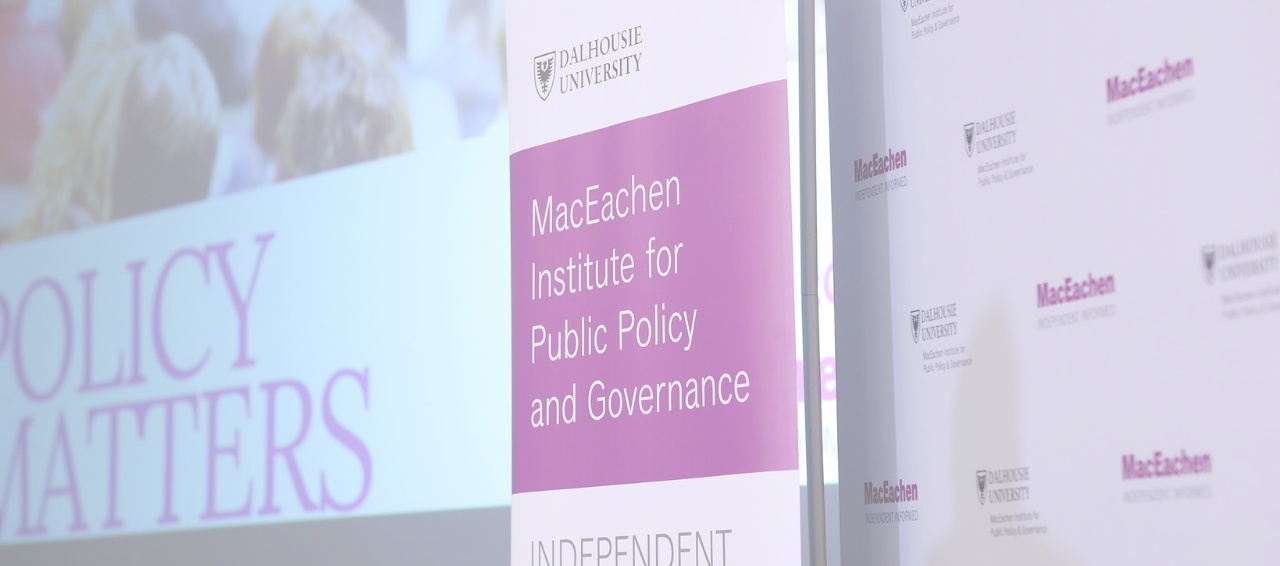United Nations Declaration on the Rights of Indigenous Peoples
This event took place on Wednesday October 20, 2021
Canada endorsed the United Nations Declaration on the Rights of Indigenous Peoples (UNDRIP) in 2016, and in 2021 passed Federal legislation to implement it. Several provinces also have implementation legislation, while others remain hesitant.
This expert panel draws upon their varied roles in Indigenous and state governments, in academia and international bodies, to address questions such as: Why is UNDRIP relevant for reconciliation? What are the flashpoint issues and are they really game-stoppers? What does âFree, Prior and Informed Consentâ mean? What are the political costs of failing to implement UNDRIP? Why are some provinces standing back while others step forward? What do we know about best practices for successful implementation?
Ìı
HÂş» the Speakers
Senator Brent Cotter, Q.C.
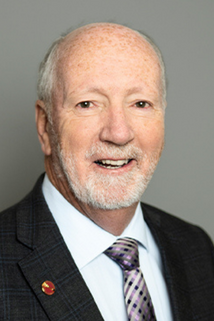 W. Brent Cotter is one of Canadaâs foremost legal ethicists, with extensive experience in public service and the law. A former dean of the College of Law at the University of Saskatchewan and one of the original professors and writers in the field of legal ethics in Canada, he is a member of the Law Society of Saskatchewan and the Nova Scotia Barristersâ Society.
W. Brent Cotter is one of Canadaâs foremost legal ethicists, with extensive experience in public service and the law. A former dean of the College of Law at the University of Saskatchewan and one of the original professors and writers in the field of legal ethics in Canada, he is a member of the Law Society of Saskatchewan and the Nova Scotia Barristersâ Society.
Prior to pursuing his academic career in Saskatchewan, Mr. Cotter served as the provinceâs Deputy Minister of Justice and Deputy Attorney General. He also served as Saskatchewanâs Deputy Minister of Intergovernmental and Aboriginal Affairs, leading the development and implementation of a nationally recognized, government-wide program of services for First Nations and MeÌtis peoples. He currently chairs the Government of Saskatchewanâs Public Complaints Commission.
Mr. Cotter is a founding member of the Canadian Association for Legal Ethics. He sits on various boards, including an advisory board to Inclusion Saskatchewan and the Canadian Association for Civilian Oversight of Law Enforcement. He is also a member of the Federation of Law Societies of Canada Advisory Committee on Implementation of Truth and Reconciliation Commission's Calls to Action.
For his ongoing dedication to public service and his community, Mr. Cotter was awarded the Saskatchewan Centennial Medal, the Canadian Bar Association of Saskatchewanâs Distinguished Service Award, and the Teaching Excellence Award from the College of Law at the University of Saskatchewan. Senator Cotter is currently a member of the Standing Senate Committee on National Security and the Standing Senate Committee on Legal and Constitutional Affairs.
Brenda Gunn
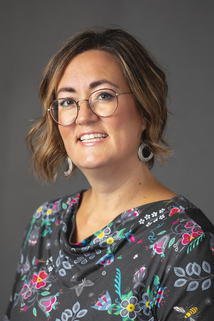 As a proud Metis woman, University of Manitoba law Professor Brenda Gunn combines academic research with activism pushing for greater recognition of Indigenous peoplesâ inherent rights as determined by their own legal traditions.
As a proud Metis woman, University of Manitoba law Professor Brenda Gunn combines academic research with activism pushing for greater recognition of Indigenous peoplesâ inherent rights as determined by their own legal traditions.
After earning a JD at the University of Toronto and an LLM in Indigenous Peoples Law & Policy at the University of Arizona, Brenda worked at a community legal clinic in Guatemala on a case of genocide submitted to the Inter-American Commission on Human Rights. She has also worked with Manitoba First Nations on Aboriginal and treaty rights issues. Brenda continues to be actively involved in the international Indigenous peoplesâ movement. She developed a handbook that is one of the main resources in Canada on understanding the UN Declaration on the Rights of Indigenous Peoples () and has delivered workshops on the Declaration across Canada and internationally.
She has also provided technical assistance to the UN Expert Mechanism on the Rights of Indigenous Peoples. In 2013, Brenda participated in UN training to enhance the conflict prevention and peacemaking capacities of Indigenous Peoplesâ representatives, which continues to impact her research. She aims to do research that will contribute building a more just world for her daughter, her nieces and all their relations.Ìı
Pamela Palmater, PhD
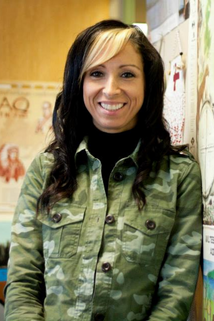 Dr. Pamela Palmater is a Mi'kmaw lawyer and member of Eel River Bar First Nation. She has four university degrees, including a Masters and Doctorate in Law from HÂş» University. She currently holds the position of Full Professor and Chair in Indigenous Governance at Ryerson University.
Dr. Pamela Palmater is a Mi'kmaw lawyer and member of Eel River Bar First Nation. She has four university degrees, including a Masters and Doctorate in Law from HÂş» University. She currently holds the position of Full Professor and Chair in Indigenous Governance at Ryerson University.
Pam has been studying, volunteering and working in First Nation issues for over 30 years on a wide range of social, political and legal issues, like poverty, housing, child and family services, treaty rights, education and legislation impacting First Nations. She was one of the spokespeople, organizers and public educators for the Idle No More movement in 2012-13. She has been recognized with many awards and honours for her social justice advocacy on behalf of First Nations generally, and Indigenous women and children specifically, and most recently for her work related to murdered and missing Indigenous women.Ìı
Her most recent book:ÌıÌıis her latest collection of anti-colonial writings which challenge genocide, racism and oppression of Indigenous peoples. She is a well-known speaker, presenter and educator on Indigenous issues both across Canada and internationally andÌıis frequently called as an expert before Parliamentary and United Nations committees dealing with laws and policies impacting Indigenous peoples
Constance MacIntosh (chair)
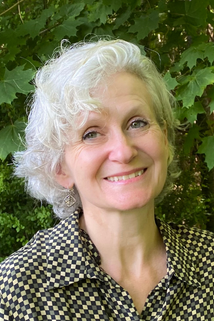 Constance MacIntosh, Acting Scholarly Director for the MacEachen Institute, is a professor with the Schulich School of Law where she served as the Viscount Bennett Professor of Law (2018-2021) and Director of HÂş»âs Health Law Institute (2011-2017). She has served on national and provincial independent expert policy panels, with her research and commitments focusing on identifying and overcoming interjurisdictional conflicts and gaps that perpetuate health inequity.Ìı
Constance MacIntosh, Acting Scholarly Director for the MacEachen Institute, is a professor with the Schulich School of Law where she served as the Viscount Bennett Professor of Law (2018-2021) and Director of HÂş»âs Health Law Institute (2011-2017). She has served on national and provincial independent expert policy panels, with her research and commitments focusing on identifying and overcoming interjurisdictional conflicts and gaps that perpetuate health inequity.Ìı
Professor MacIntosh was one of the first legal scholars to engage withÌıIndigenous health inequitiesÌıas generated and perpetuated byÌılegal structuresÌıincluding jurisdictional, constitutional andÌıgovernanceÌıdivisions as well as the very manner by whichÌıunilaterally developedÌıfederal policyÌıis used in lieu ofÌıbindingÌılegal frameworks. She was also one of the first legal scholars to engageÌıwithÌıhow lawÌıis implicated in the continuingÌıfailure toÌıremedy water qualityÌıequityÌıissuesÌıin First Nation communities.
